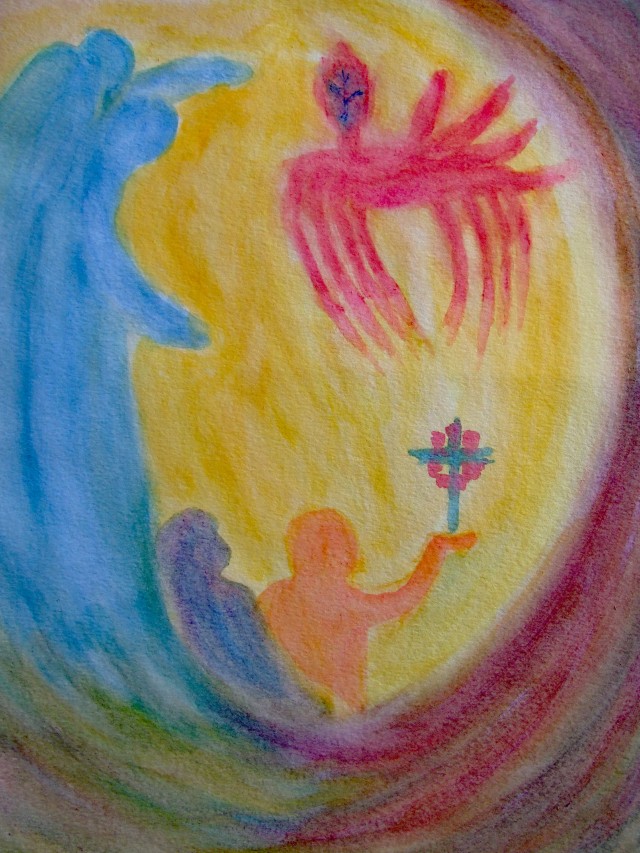In earlier times people had a basic, atavistic clairvoyance. It was possible for them to have Imaginations, even Inspirations. But in contrast to this earlier stage, we have now reached an advanced stage and can form ideas about the physical world. When people still possessed an atavistic clairvoyance, they could not think properly. For proper thinking to develop, the strength used earlier in clairvoyance had to be applied to thinking. Some people nowadays develop clairvoyant faculties at certain times in their life by methods other than those described by spiritual science. This is because they have inherited these faculties from earlier times and they have not yet achieved sound judgment in those areas of life where they are clairvoyant. But we are approaching the time when sound judgment must be present before clairvoyance can be developed on the basis of such mature and balanced judgment.
In other words, when people these days show certain psychic abilities, a certain clairvoyance, without having done serious exercises, without having studied spiritual science – which, if applied in the right way, can be the best exercise to bring out the old clairvoyance – this does not mean that they are more advanced than everyone else, but rather that they are lagging behind. Having atavistic abilities today does not mean one has reached the stage of clear thinking.
To be continued
Source: Rudolf Steiner – GA 154 – Presence of the Dead: Lecture One: Understanding the Spiritual World (Part One) – Berlin, 18th April 1914
https://rsarchive.org/Lectures/19140418p01.html
Translated by C. von Arnim
Jubilation arising – Iris Sullivan
Previously posted on 23 september 2013





